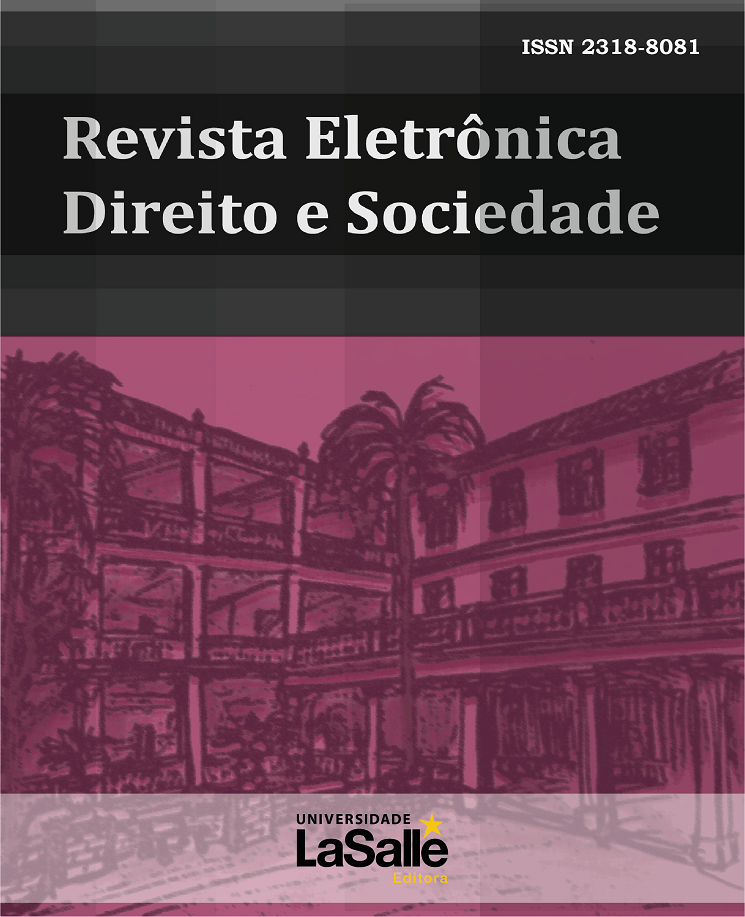South American Regional Citizenship: Challenges and perspectives of a decolonial human rights implementation project
DOI:
https://doi.org/10.18316/redes.v7i3.4947Keywords:
South American Regional Citizenship, Human Rights, Regional Integration, Decoloniality.Abstract
This paper problematizes the conditions of possibilities of the construction of the concept of South American regional citizenship, able to face the undesirable effects of economic globalization. Deviating from the traditional concepts of economic integration and of the construction of regional citizenship grounded on the north global epistemologies, it brings to a discussion that allows the construction of a political and legal framework consistent with the reality of south countries. Methodologically, the research uses a hermeneutic linguistic approach for better appropriation of the (multidisciplinary) literature and treaties collected and interpreted during the study, trying to create, not a “univocal” sense, but an original one which allows the achievement of the conditions of possibility of discussing the challenges and perspectives to the consolidation and the effective fruition of a South American regional citizenship, in order to increase uniform public politics of human rights guarantees, under the theoretical framework of decolonial discussions.
Downloads
Published
Issue
Section
License
Authors who submit their manuscripts for publication in the “REDES” Magazine agree to the following terms:
The authors claim to be aware that they retain copyright by giving “REDES” the right to publish.
The authors declare to be aware that the work submitted will be licensed under the Creative Commons Non-Commercial Attribution License which allows article sharing with acknowledgment of authorship and publication in this journal.
The authors declare to be aware that by virtue of the articles published in this journal have free public access.
The authors declare, under the penalty of the law, that the text is unpublished and original and that they are aware that plagiarism has been identified, plagiarized authors will be informed - willingly, to take legal action in the civil and criminal sphere - and, plagiarists will have their access to the magazine blocked.
The authors state that - in case of co-authoring - all contributed significantly to the research.
Authors are obliged to provide retractions and (or) corrections of errors in case of detection.
The authors are obliged not to publish the text submitted to “REDES” in another electronic journal (or not).
The Electronic Journal Law and Society - REDES - is licensed under a Creative Commons License. Attribution-NonCommercial 4.0 International.Based on work available at "http://revistas.unilasalle.edu.br/index.php/redes/about/submissions#copyrightNotice".
Permissions in addition to those granted under this license may be available at http://creativecommons.org/.

